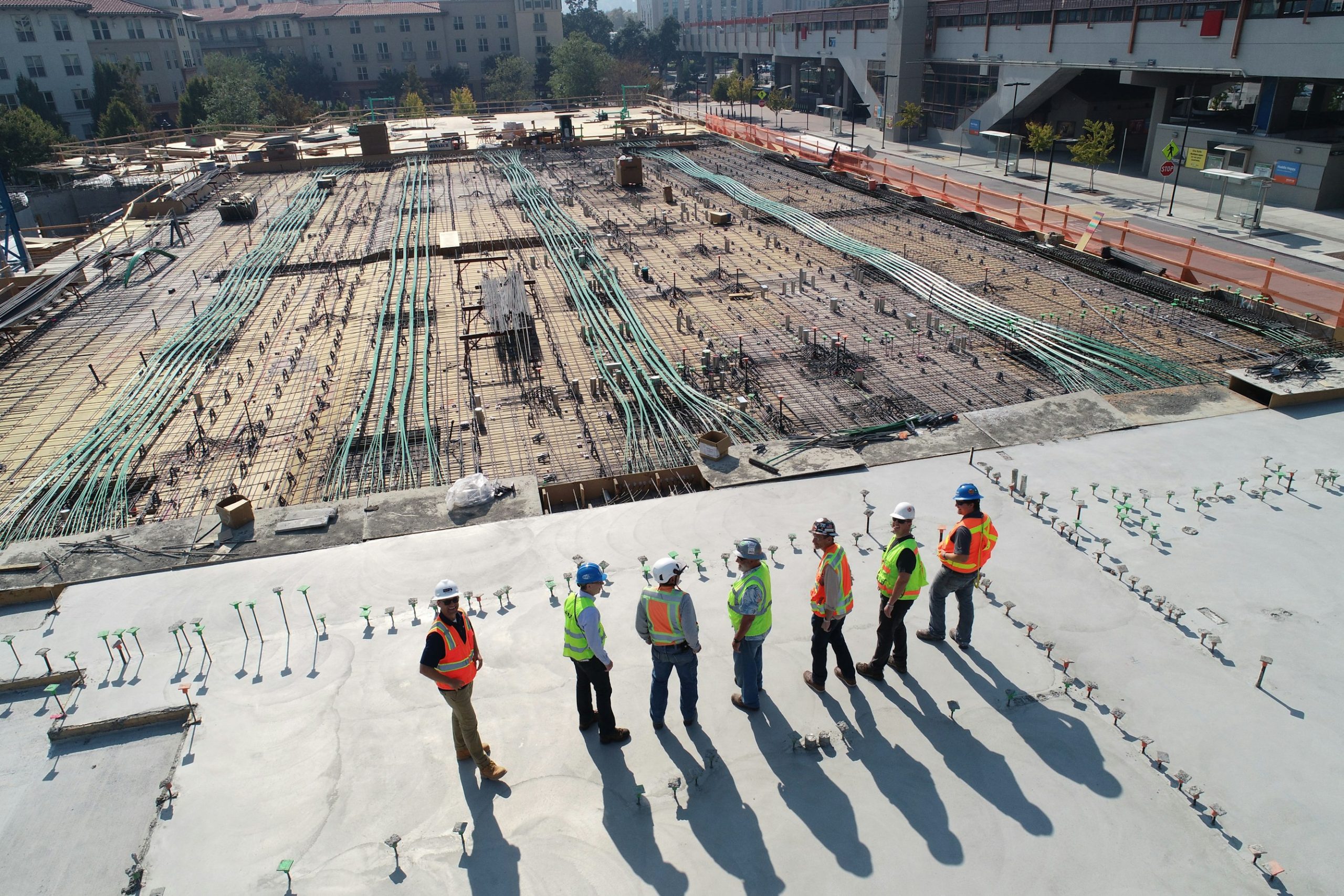Why Middle East Projects Need Multilingual Jobsite Tools
The Middle East construction industry is unique, characterized by a diverse workforce and client base where multiple languages, particularly Arabic and English, are predominantly used. As the demand for effective communication among all stakeholders grows, the need for multilingual jobsite tools has become increasingly essential for the region’s project management success.
Diverse Workforce and Client Base
The richness of the Middle Eastern workforce, consisting of various nationalities and cultures, reflects the global nature of construction in this region. This diversity necessitates the use of multilingual jobsite tools to facilitate clear communication. Without these tools, important instructions and updates can fall victim to misunderstandings, resulting in inefficiencies and delays in project execution.
Operational Efficiency
Operational efficiency in construction projects significantly hinges on effective communication. By leveraging multilingual tools, project managers can ensure that safety protocols, job assignments, and project updates are delivered in multiple languages. This is particularly crucial for international workers who may not be proficient in the local language. When workers understand their roles and responsibilities, productivity improves, and errors diminish. The use of construction project management software that incorporates multilingual options streamlines this process further, ensuring that all teams work from a unified understanding.
Safety Measures
Safety is a critical consideration in construction, and multilingual jobsite tools enhance the safety measures on-site. Providing safety training sessions and disseminating emergency response instructions in various languages ensures that all workers are thoroughly prepared for potential hazards. This practice not only complies with local regulations but also aligns with international safety standards. The implementation of such measures helps mitigate the risks associated with language barriers, ultimately fostering a safer work environment.
Enhanced Collaboration and Communication
The Middle East is witnessing a rapid adoption of advanced digital tools such as Building Information Modelling (BIM). However, language barriers can obstruct the efficacy of these promising technologies. By incorporating multilingual support into these digital solutions, construction teams can significantly enhance collaboration across diverse stakeholders. This leads to improved project outcomes, as all parties can engage with real-time data and insights in a language that they comprehend. Tools like Zepth’s construction document management and project tracking software integrate various languages to foster seamless communication.
Regulatory and Government Mandates
Governments across the Middle East are actively promoting digital transformation initiatives within the construction sector. By adopting multilingual tools, construction companies can efficiently adhere to regulatory mandates that require project data and communications to be accessible to all stakeholders, irrespective of their language proficiency. This strategic approach not only aligns with government objectives but also positions companies as leaders in compliance and innovation within the industry.
Benefits of Multilingual Jobsite Tools
Improved Project Management
The integration of technologies like HoloBuilder with Autodesk BIM 360 provides project managers with real-time tracking capabilities. When such tools feature multilingual capabilities, they empower all team members to effectively monitor progress and swiftly identify any issues, regardless of their language. This fosters an environment of transparency and accountability, crucial for successful project outcomes.
Enhanced Safety and Efficiency
Technologies such as drones are reshaping the landscape of construction management. By introducing multilingual support, important safety protocols and progress updates can be communicated clearly among site personnel, minimizing errors that could jeopardize safety. This enhancement is essential for maintaining a high standard of operational efficiency.
Better Customer and Stakeholder Satisfaction
While multilingual tools primarily focus on jobsite efficiency, they also extend to customer service. Implementing AI-powered multilingual customer support tools allows companies to address client inquiries and concerns in multiple languages, thereby enhancing stakeholder satisfaction. This not only reinforces positive relationships but also promotes a reliable reputation in the competitive construction market.
Role of Zepth in Construction Management
Zepth can play a pivotal role in enhancing construction management for projects within the Middle East through their comprehensive construction project management software equipped with multilingual capabilities. This solution can:
- Improve operational efficiency by ensuring clear and effective communication across diverse teams.
- Enhance safety measures through multilingual safety protocols and training sessions, fostering awareness among all workers about on-site hazards.
- Facilitate compliance with regulatory mandates by making project data and documentation accessible in multiple languages.
- Integrate seamlessly with other digital tools like BIM and drones to enhance collaboration and overall project management effectiveness.




